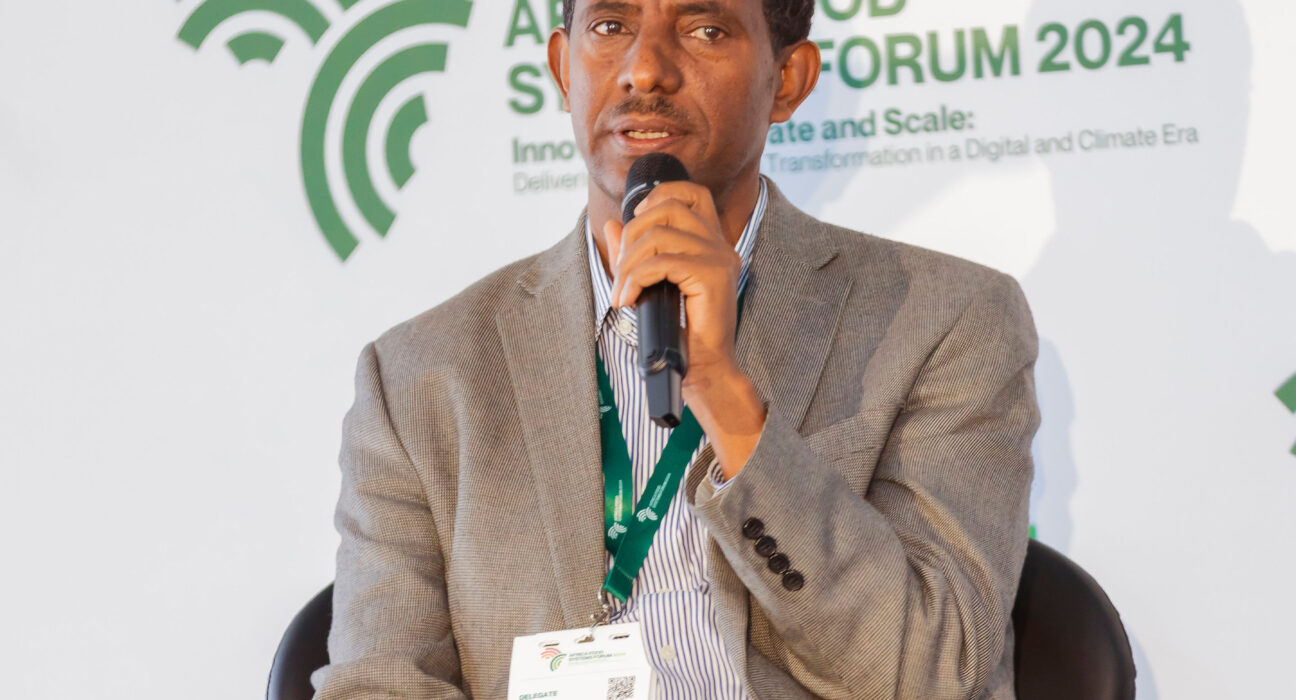AGRA, in partnership with key stakeholders, has unveiled the African Youth Common Position on Food Systems, Policy, and Climate Change, positioning African youth as pivotal players in the continent’s agricultural future. This 2024 report highlights the immense potential of young people to drive innovation and transform food systems, even as the continent grapples with climate change and other challenges.
“The 2024 Youth Common Position Paper sheds light on the current challenges and opportunities faced by youth in agriculture across multiple African countries. It also outlines strategic recommendations to bolster their engagement and development,” said Dr. Jeremiah Rogito, Specialist in Food Systems and Land Use at AGRA.
The report is the culmination of extensive research, including a survey and a series of country and regional engagements across Kenya, Tanzania, Uganda, Rwanda, Ethiopia, Malawi, Mozambique, Ghana, Nigeria, Togo, Mali, Côte d’Ivoire, Burkina Faso, and Zambia. The focus was on understanding how to strengthen youth entrepreneurship ecosystems within the agricultural sector in the context of a rapidly changing climate.
Dr. Kindie Fantaye, Head of Climate Adaptation and Resilience at AGRA, emphasized the importance of turning these insights into action. “This is the first step. Next, we need to take action. AGRA will bring this unified youth voice to policymakers at COP29 in November and the World Food Forum. Youth participation is crucial in the coming years as collective action is essential,” Dr. Fantaye remarked.
The report highlights the significant challenges faced by young people in agriculture, including limited access to essential resources such as finance, agricultural inputs, training, and modern technology. These constraints hinder their ability to adopt innovative farming practices and enhance productivity. Financial institutions often perceive young farmers as high-risk, making access to finance particularly difficult. Additionally, inadequate infrastructure, such as poor road networks, storage facilities, and market access, exacerbates inefficiencies and leads to significant post-harvest losses, with most young farmers lacking insurance coverage.
Dr. Nicoline de Haan, Director of the CGIAR Gender Impact Platform, noted the need for more research on power structures within food systems and how to engage youth in these structures. “We need to ensure there are real opportunities, not just a few people in an incubator somewhere, but that there are real opportunities across the system,” she emphasized.
The report also presents actionable resolutions, including enhancing access to resources and funding for young farmers. Among the recommendations are the establishment of youth-focused microcredit schemes, investment funds, and simplified land acquisition processes. It also calls for policies that ensure equal opportunities for all youth, particularly marginalized groups such as young women and youth with disabilities.
Dr. Nana Yaa Amoah, Director of Gender, Youth, and Inclusiveness at AGRA, stressed the importance of youth involvement in high-level policy discussions. “We must be deliberate in ensuring that we set up youth advisory boards to not only get their voices heard but also give them access to high-level sessions where critical policy discussions are taking place,” Dr. Amoah said.
As the agricultural sector faces mounting pressures from climate change, the 2024 Youth Common Position on Food Systems serves as a crucial roadmap for harnessing the energy and innovation of Africa’s youth to secure a sustainable future.





